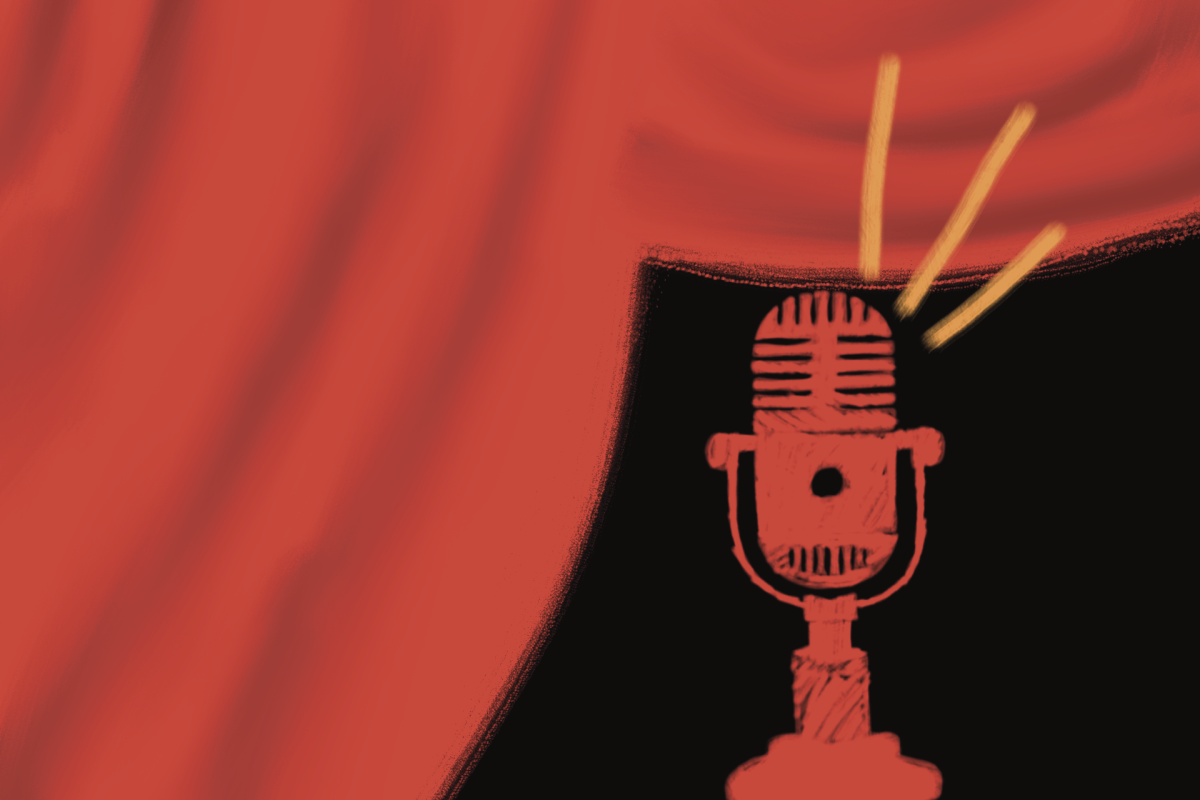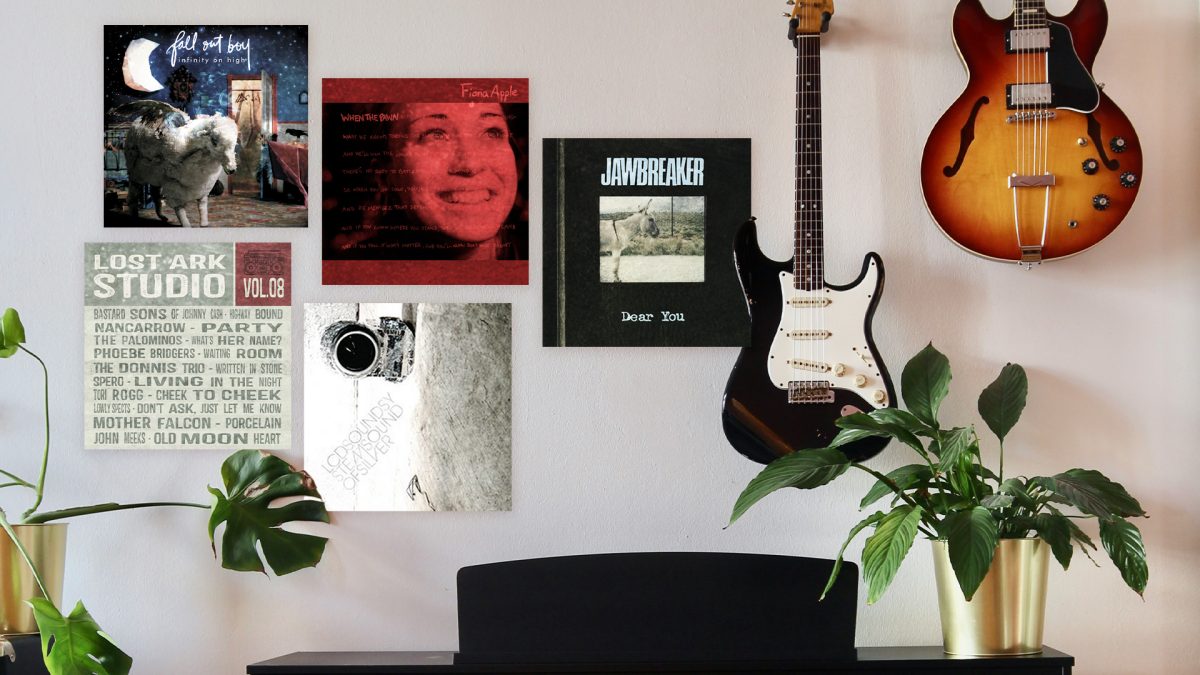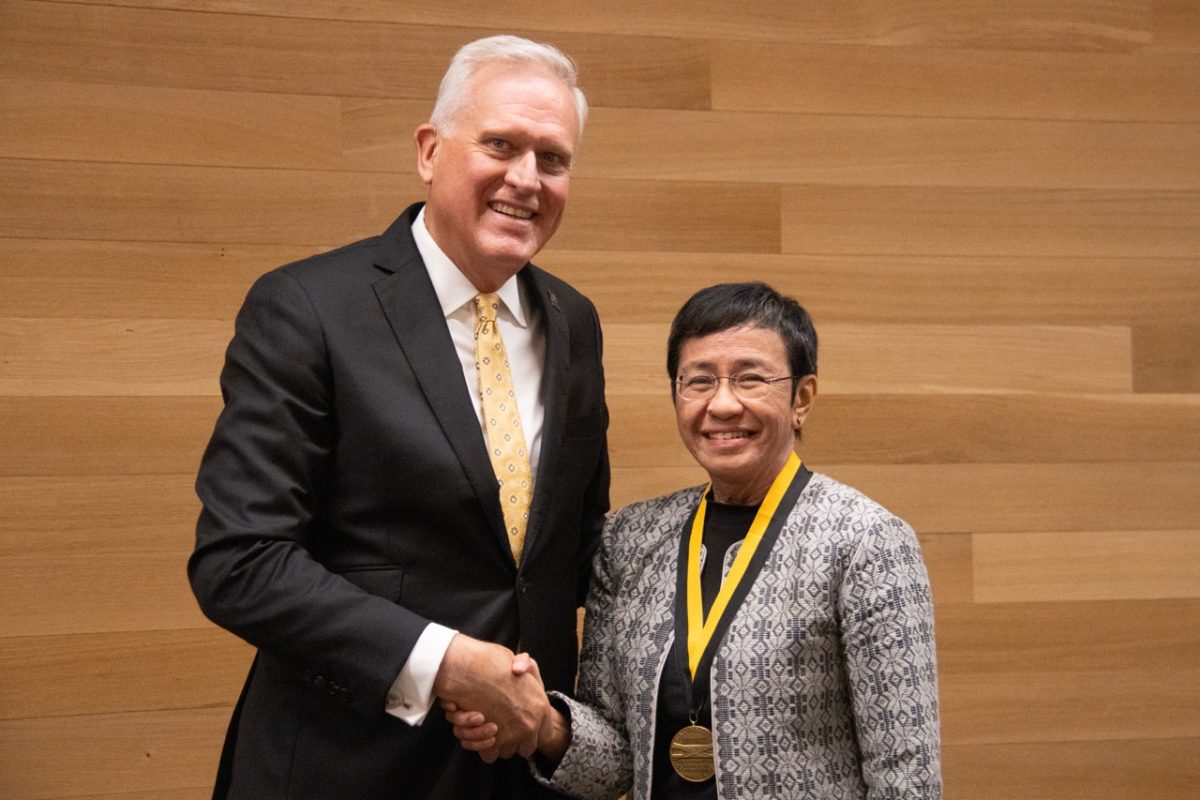“Shorts: Blanc” at True/False Film Fest on Saturday presented a collection of five films that exposed viewers to the traditions and experiences of other cultures. After the screening, two of the shorts’ directors, Madeleine Hunt-Ehrlich (“Spit on the Broom”) and Everlane Moraes (“Aurora”), offered insight into their films in a discussion panel.
The five films are described on True/False’s website as “a celestial celebration of secrets, ceremonies, and ageless places.” Four of the five documentarians were women and the films offered perspectives of only non-Eurocentric communities.
Jeanelle Augustin, who programmed Shorts: Blanc, said this was a conscious decision. “We found an attention to subjects that are not often listened to,” Augustin said about the curation of films.
“JESA,” directed by Kyungwon Song, centers on the filmmaker’s personal experience with traditional Korean familial rites. In its use of stop-motion filmmaking and funny dialogue, the film explains the Jesa meal and grapples with its gendered reality while asking important questions about family and the patriarchal history of South Korea.
According to the True/False website, “The Spirit Keepers of Makuta’ay,” directed by Yen-Chao Lin, takes viewers on an “atmospheric journey to the dreamscape of Eastern Taiwan,” exploring the ever-changing importance of religion and spirituality within the culture.
In “Dadli,” director Shabier Kirchner documents life on the island of Antigua, through the eyes of 13-year-old Tiquan. The film’s soundscape, in its ocean sounds, played over street scenes and the sound of crickets where there shouldn’t be creates a dichotomy of sound and image that casts the documentary in a quirky, surreal light.
“Spit on the Broom” tells the story of the United Order of Tents, a secret society of black women dating back to the 1840s, through a surrealist lens. Hunt-Ehrlich explores form with calculated movement of the figures on screen while expanding the genre of documentary.
“My practice is interesting in that I have, essentially, a documentary research process but then the film itself is very scripted and I work with actors,” Hunt-Ehrlich said.
The surrealist take on the film is largely in response to the secret nature of the United Order of Tents.
“For me, it was a formal challenge of question of how do you honor and talk about a history that is secret, and part of its power is that it’s secret?” Hunt-Ehrlich said. “It was a really productive challenge. I used camp and visual play as a spectacle or way to camouflage the history itself that I felt I could show without revealing or giving away.”
In “Aurora,” Moraes depicts the story of Aurora, a character in a song in a Cuban bolero, through the striking stares that also tell the very real experiences of three Cuban women. In the song, Aurora endures a violent love affair and is punished physically and symbolically.
“My intention was to make it from the perspective of the woman, representing the internal conflicts and the three different phases of her life: at the age of 14, the age of 68, and the age of 91, and how she’s being punished based off the lyrics of the song,” Moraes said. The intention was also to talk about loneliness, the solitude that women go through, especially African women.”
The film is silent, which Moraes finds especially symbolic.
“Women suffer a lot in silence,” she said. “I wanted the silence to scream at you … the lyrics of the song are from the perspective of a man and refers to the natural phenomenon that something is born, it is there, and then it dies, and that’s how life is.”
Moraes brought the perspective of women into focus by capturing the worldviews of the three women.
This shift in perspective reflects the goal of Shorts: Blanc to listen to voices that are often spoken over. Augustin offers advice to viewers of the films.
“Just pay attention to new things, new voices,” Augustin urges.
The use of unique storytelling methods and reliance of the films in Shorts: Blanc pushes viewers to see the world from a new lens, in hopes that they will see the world differently.
_Edited by Sophie Stephens | [email protected]_













